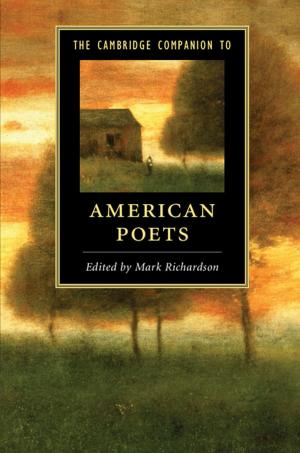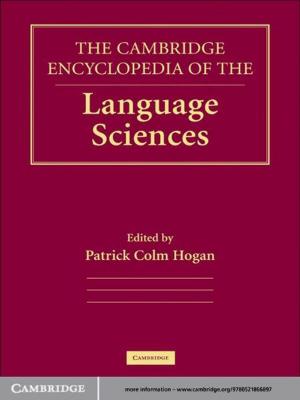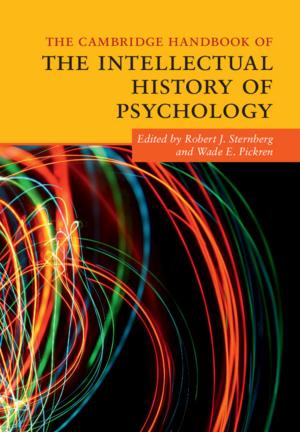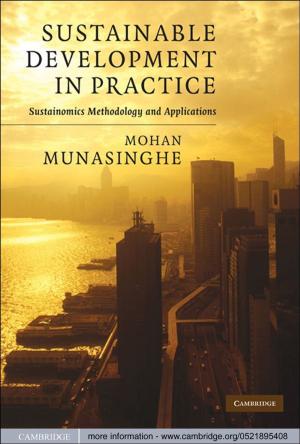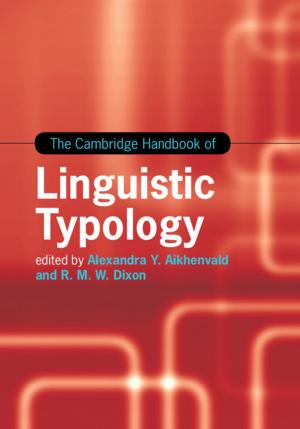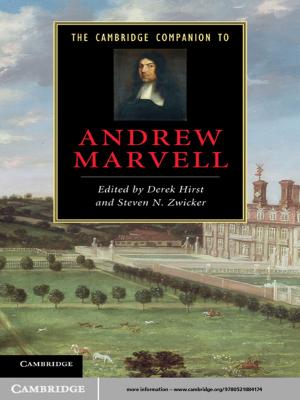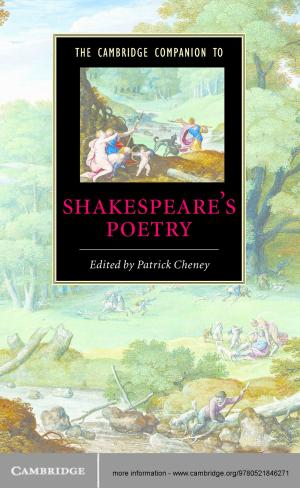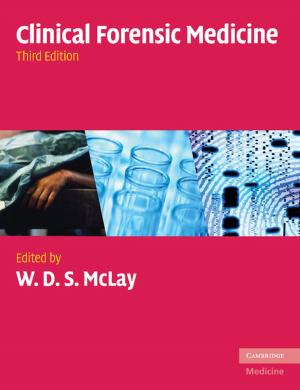Emergent Nation: Early Modern British Literature in Transition, 1660–1714: Volume 3
Fiction & Literature, Literary Theory & Criticism, Reference, British| Author: | ISBN: | 9781108529945 | |
| Publisher: | Cambridge University Press | Publication: | February 28, 2019 |
| Imprint: | Cambridge University Press | Language: | English |
| Author: | |
| ISBN: | 9781108529945 |
| Publisher: | Cambridge University Press |
| Publication: | February 28, 2019 |
| Imprint: | Cambridge University Press |
| Language: | English |
The years 1660 to 1714 represent a fraught transitional period, one caught between two now dominant periodization rubrics: early modern and the long eighteenth century. Containing narratives of disruption, restoration, and reconfiguration, Early Modern Literature in Transition, 1660–1714 explores the conjunctions and disjunctions between historical and literary developments in this period, when the sociable, rivalrous textual world of letters registered and accelerated changes. Each of the volume's four parts highlights the relationship of various literary forms to a different kind of transformation - generic, ideological, cultural, or local. The five chapters in each section rigorously probe the conditions that affected the period's literary transformations, and interrogate the traditions that canonical and less established writers inherited, adapted, and often challenged. In making a case for an early mimetically produced English nation, this book, through its concentration on literary evidence and transitions also makes innovative contributions to an understanding of nationalism in the period.
The years 1660 to 1714 represent a fraught transitional period, one caught between two now dominant periodization rubrics: early modern and the long eighteenth century. Containing narratives of disruption, restoration, and reconfiguration, Early Modern Literature in Transition, 1660–1714 explores the conjunctions and disjunctions between historical and literary developments in this period, when the sociable, rivalrous textual world of letters registered and accelerated changes. Each of the volume's four parts highlights the relationship of various literary forms to a different kind of transformation - generic, ideological, cultural, or local. The five chapters in each section rigorously probe the conditions that affected the period's literary transformations, and interrogate the traditions that canonical and less established writers inherited, adapted, and often challenged. In making a case for an early mimetically produced English nation, this book, through its concentration on literary evidence and transitions also makes innovative contributions to an understanding of nationalism in the period.


